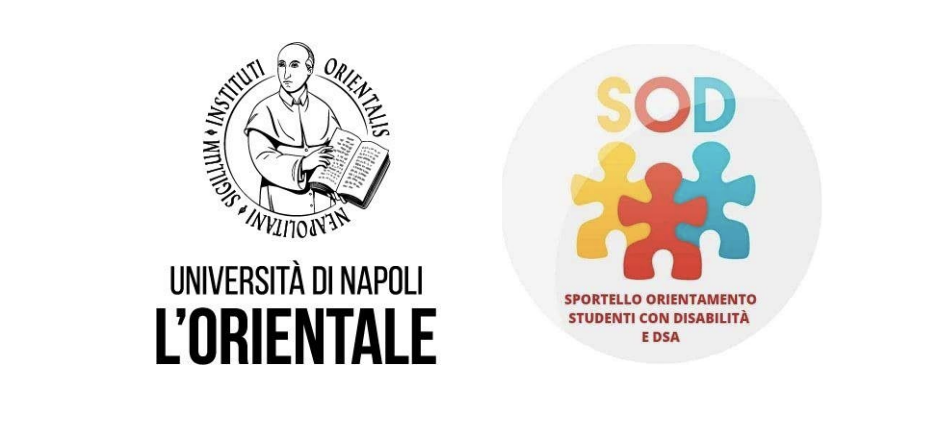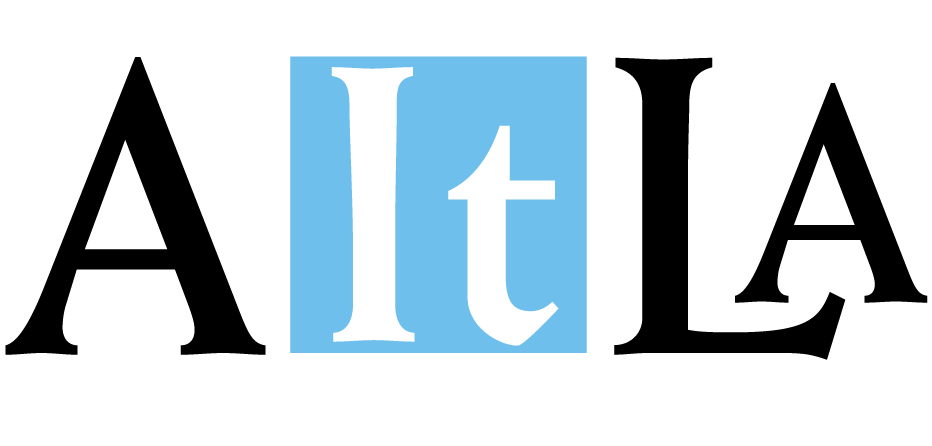
Building Inclusive and Multilingual Societies:
Accessibility and Language Learning
University of Naples “L’Orientale” Naples, Italy
February 22-24, 2023
call for papers deadline: 30 December 2022
Accessibility has recently come to play a pivotal role in policymaking and has become a positive propeller of societal change, as evidenced by the UN Convention on the Rights of Persons with Disabilities (2006), European Accessibility Act (2019), and the EU Disability Rights Strategy 2021-2030. In the push for digital transition, principles of accessibility and universal design have been mainstreamed and are guiding technological innovation regarding user experience.
Accessibility is not a new concept for language learning, yet the call for equal access to information, culture and knowledge in public policy has resulted in a greater diffusion of accessibility principles in audiovisual translation, media and technologies in educational, workplace and entertainment sectors. Audiovisual translation, media and technology affordances are undergoing great changes as they have become part of the universal design of educational and entertainment platforms, gaming apps, digital and traditional broadcasting, theatre performances, museum exhibitions immersive experiences etc. (Greco, 2018; Di Giovanni 2018; Romero- Fresco, 2018).
Based on these premises, the International Conference aims at gathering scholars and experts from different fields, e.g. experts in language learning and inclusion, experts in technology and language accessibility, associations for people with disabilities, audiovisual translators, teachers, students and educators,.
The Conference invites contributions that examine universal design and the idea of accessibility in language learning. It also strives to promote a lively debate on the impact of AVT, new technologies, media accessibility and consumer behavior to demonstrate the positive influence of cooperative and interdisciplinary research aimed at changing user perceptions and improving quality standards. Concurrently, it seeks to shed light on the usage of new tools and to further develop research methodologies traditionally applied to investigate language learning, media and technology, and AVT, such as linguistic and corpus-based research, with a particular focus on the positive impact of technologies in the foundation of new methods and contents.
Themes and topics of interest include, but are not limited to:
● Language Learning and Accessibility
● AVT and Accessibility
● Life-Long Learning and Accessibility
● The impact of the digital transition in AVT and Accessibility
● User-oriented Accessibility Experimental Research
● Teacher Training in Language Learning and Accessibility
● The Training of New Professional Profiles in AVT and Accessibility
● Realisation of Accessible Media Products in Different Contexts (e.g. education, cultural heritage, tourism, sport events, digital platforms, among others)
The conference official language is English, but proposals of case-studies in other languages will be accepted.
Submission guidelines
Proposals must be submitted to Questo indirizzo email è protetto dagli spambots. È necessario abilitare JavaScript per vederlo. by 30 December 2022.
Submissions should be accompanied by:
- Name/s, surname/s and institutional affiliation/s
- Email address
- Title
- Abstract (250 words, references excluded) along with a short biographical note (max 150 words)
- Keywords
- References
Notification of acceptance will be communicated by 10 January 2023. Accepted papers are programmed to last 20 minutes.
Keynote speakers
Professor Giulia Bencini, University of 'Ca Foscari Venezia
Professor Elena Di Giovanni, University of Macerata
Professor Pablo Romero Fresco, Universidade de Vigo, Honorary Prof. University of Roehampton
Conference convenor
Katherine E. Russo, University of Naples L’Orientale
Scientific committee
Anna De Meo, University of Naples L’Orientale
Giuseppe Balirano, University of Naples L’Orientale Elena Di Giovanni, University of Macerata
Anna Mongibello, University of Naples L’Orientale
Katherine E. Russo, University of Naples L’Orientale
Organizing committee
Arianna Del Gaudio, University of Naples L’Orientale
Arianna Grasso, University of Naples L’Orientale
Suggested readings
Cerezo Merchán, B. (2019). “Audiovisual translator training”. In L. Pérez-González (Ed.). The Routledge Handbook of Audiovisual Translation (pp. 468–483). London: Routledge.
Di Giovanni, E. (2018). “Participatory accessibility: Creating audio description with blind and non-blind children”. Journal of Audiovisual Translation, 1(1), 155–169.
Greco, G. M. (2018). “The Nature of Accessibility Studies”. Journal of Audiovisual Translation, 1 (1), 205–232.
Jankowska, A. (2019). “Audiovisual Media Accessibility”. In E. Angeone, M. Ehrensberger- Dow & G. Massey (Eds). The Bloomsbury Companion to Language Industry Studies (pp. 231–260). London: Bloomsbury Academic Publishing.
Pagano, A. S., Teixeira A. L. R., and F. A. Mayer. (2021). “Accessible Audiovisual Translation”, in M. Ji, and S. Laviosa (Eds). The Oxford Handbook of Translation and Social Practices (pp. 67–82). Oxford: Oxford Academic.
Romero-Fresco, P. (2018). “Accessible Filmmaking: Translation and Accessibility from Production”. In L. Pérez-González (Ed.). The Routledge Handbook of Audiovisual Translation Studies (pp. 498–515). London: Routledge.
